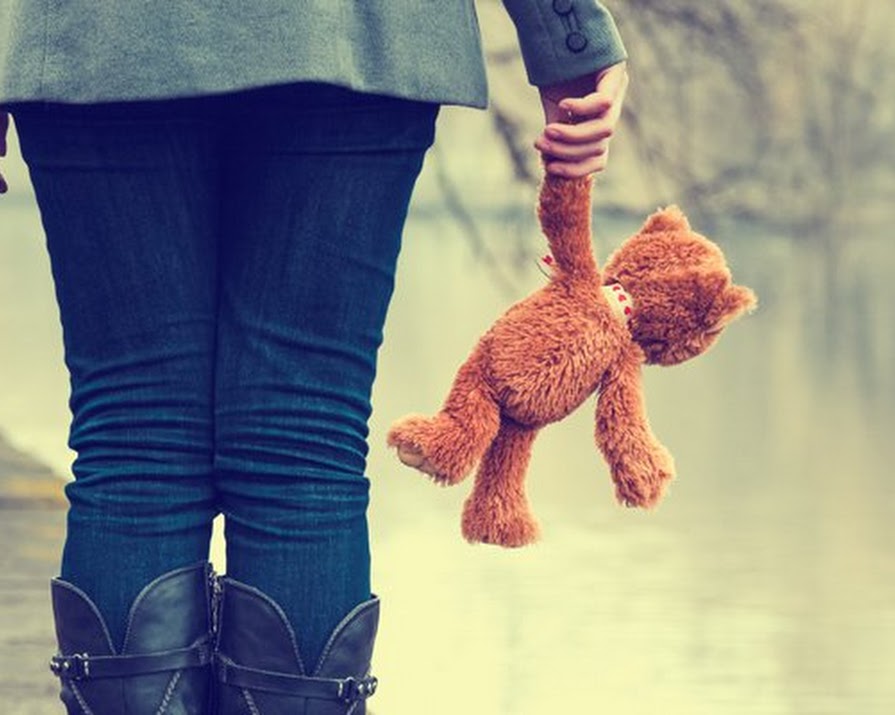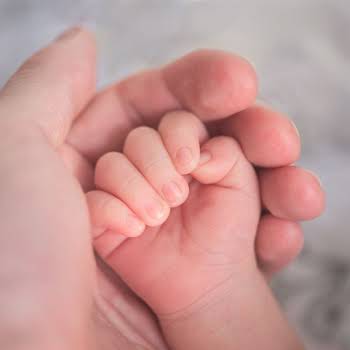
By Jennifer McShane
26th Sep 2015
26th Sep 2015
Anyone who suffers from anxiety will be able to tell you how debilitating it is. It can affect each and every aspect of your life and can physically and mentally take a huge toll. Trying to deal with it alongside the usual stresses of everyday life can be a huge challenge. It is tough enough to deal with alone, and now new research has suggested that if you’re a parent, your anxiety issues may have repercussions on your children. But fear not, there are things you can do to help them, including family-based interventions, according to a new study.
According to this research, children of parents with anxiety are at increased risk of developing anxiety themselves. However, a new study, conducted by researchers at the University of Connecticut found that by intervening early, they could stop anxiety from spreading to the next generation, which is very positive.
ICYMI: Overcoming Anxiety
Health psychiatrist and leader of the study, Golda Ginsburg said her research began when parents came to her trying to prevent their anxious habits from passing to their kids.
Among them was a woman who refrained from driving long distance in fear of having panic attacks, a man with fears of contamination and a woman who would not attend church because of her fear of enclosures. All three were parents who knew what it was like to struggle with anxiety on a daily basis and did not want the same for their children.
Ginsburg and her colleagues at Johns Hopkins University went to work developing and testing a one-year therapy intervention for 136 families. Each family had at least one parent who suffered from anxiety, and a child between the ages of 6 and 13.
Publishing their findings in The American Journal of Psychiatry, the researchers found very promising results for their family-based interventions. Out of all their participants who underwent the intervention, only 9 percent of children developed anxiety after one year.
“The finding underscores the vulnerability of offspring of anxious parents,” said Ginsburg, who added that she wanted to identify children potentially at risk so she could attempt to prevent anxiety from developing, at least at such an early age.
ICYMI: 10 Ways To Ease Your Anxiety Today
According to the study, previous research has found that anxiety is generational; up to 50 percent of kids who have anxious parents are likely to develop anxiety as well. For the study, the researchers delegated different intervention types to different families; some were exposed to eight-hour-long therapy sessions with a professional over the course of two months, while others were just given a pamphlet regarding anxiety and how to treat it.
Ginsburg explained that one successful method used was to teach children how to cope and change scary thoughts and scary situations such as meeting new peers, and trying new foods. “We taught the kids how to identify scary thoughts, and how to change them,” she said. And according to the study, children who learned these practices with their families had lower levels of anxiety overall.
The focus needs to shift from [anxiety] reaction to prevention
It’s a positive start, and the researchers will now continue to study these same families, thanks to receiving extra funding.
The message from the study’s findings so far, Ginsburg added, is that the focus needs to shift from reaction to prevention. There is no single cause for anxiety disorders, according to Ginsburg. ?They’re the product of an interaction of genetic and environmental factors. But the disorders can run in families, and there are certain parenting behaviours that can promote anxiety – like modelling anxiety in front of your kids. Modelling might be direct, like jumping up on the kitchen table when you see a mouse, or indirect, like over cautioning your kids to be careful when there’s no danger.?
?One key strategy is helping parents understand that kids have to face their fears,? Ginsburg added.
Read more about the study here.























